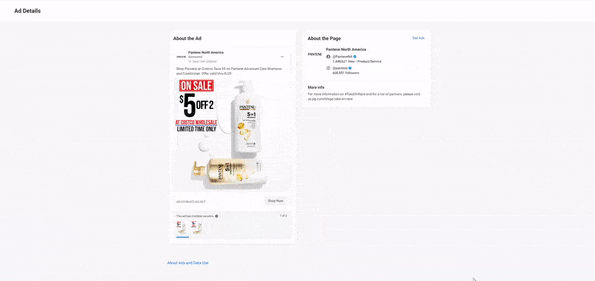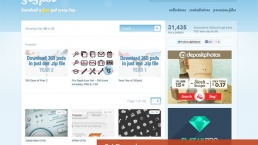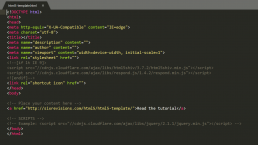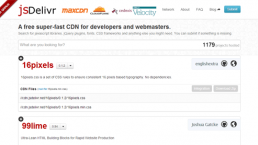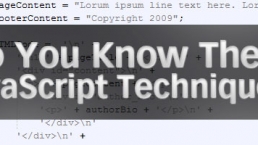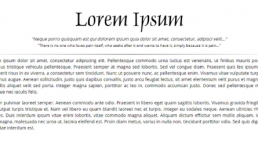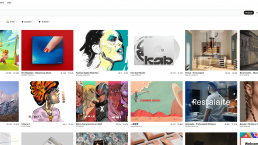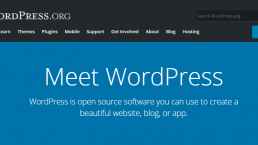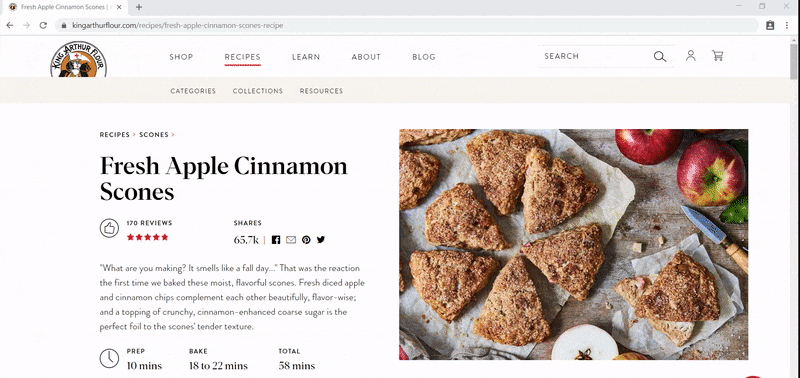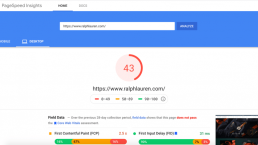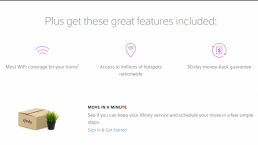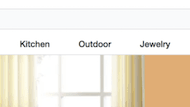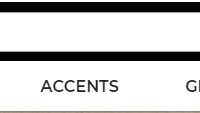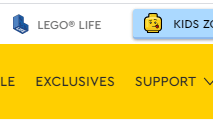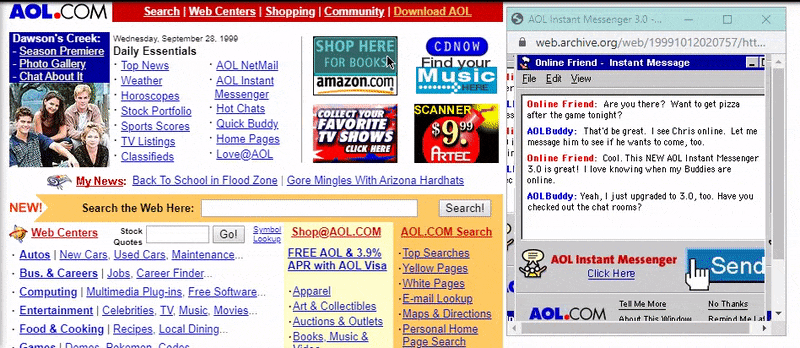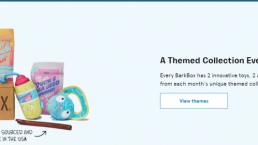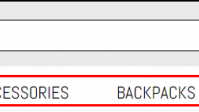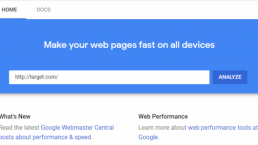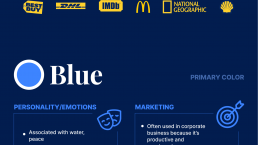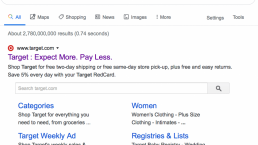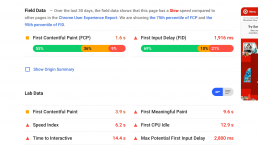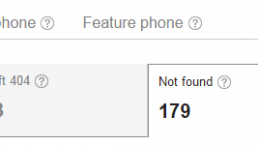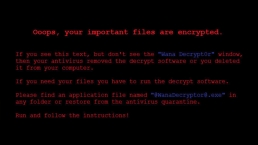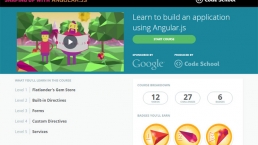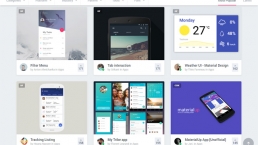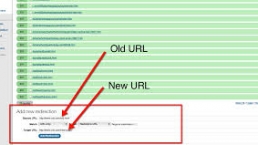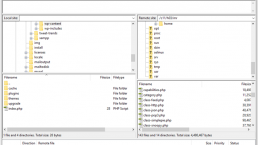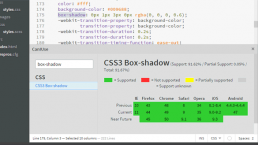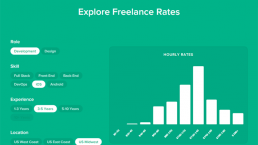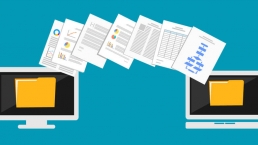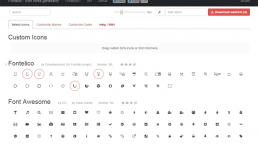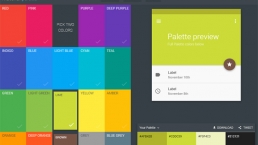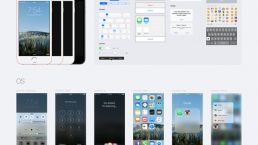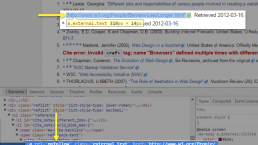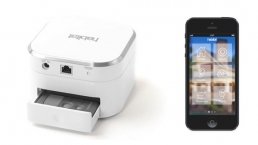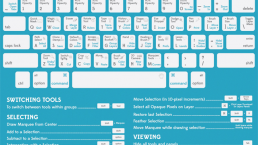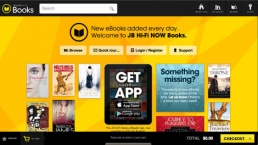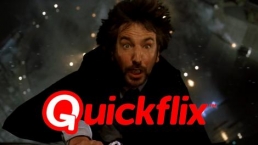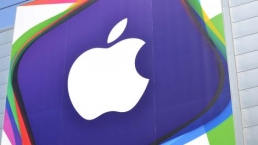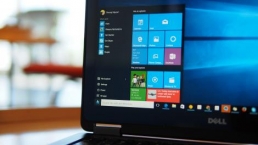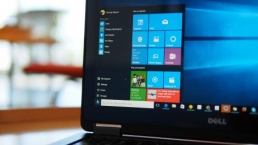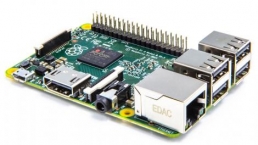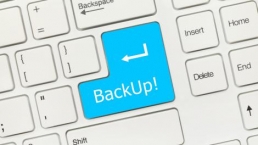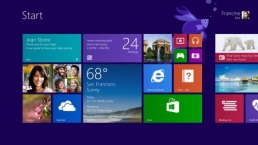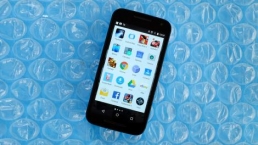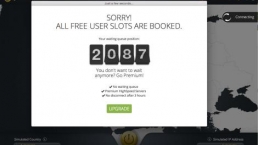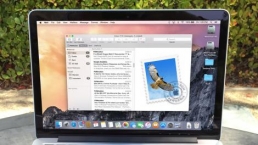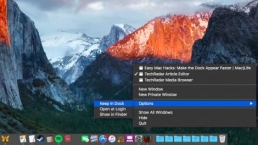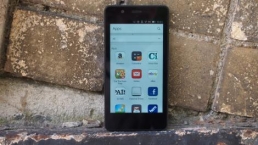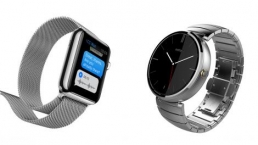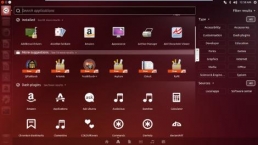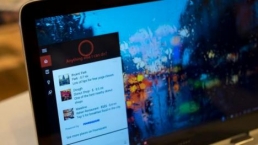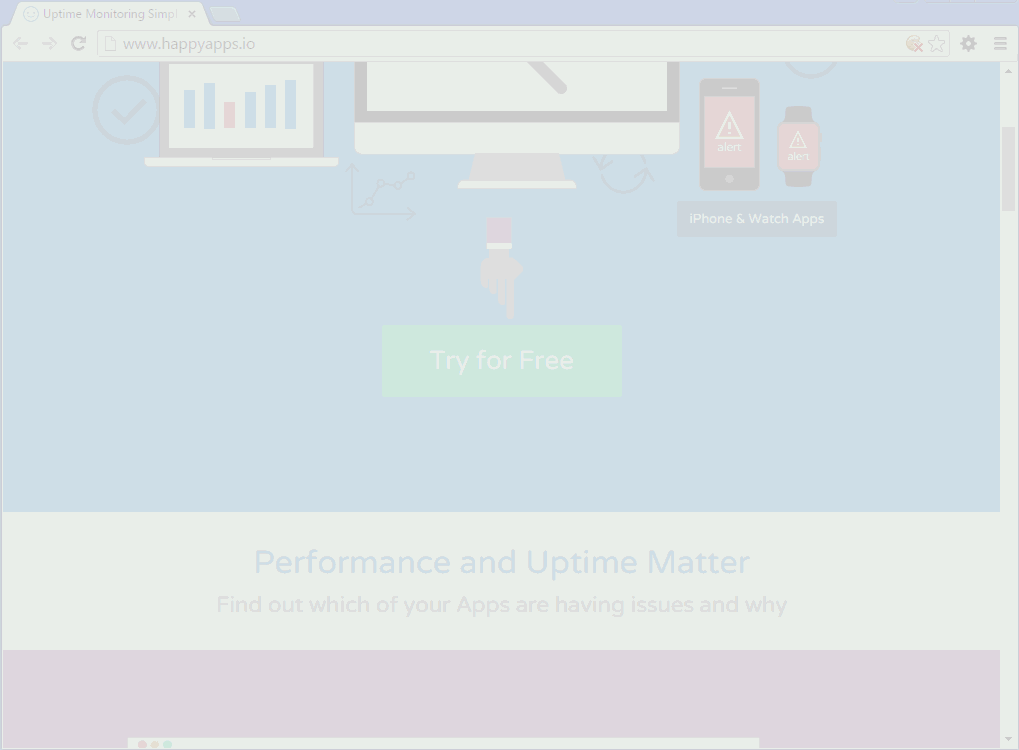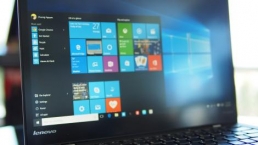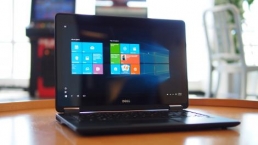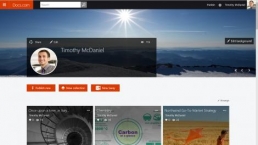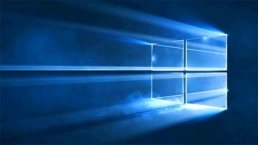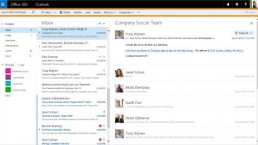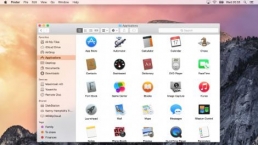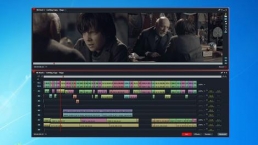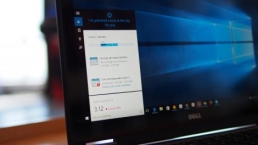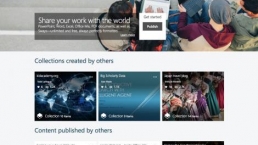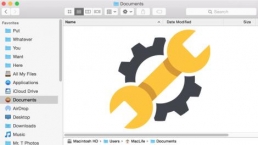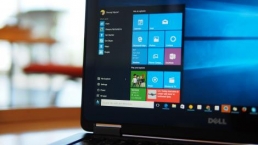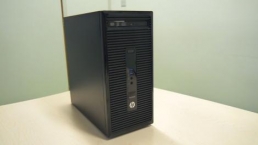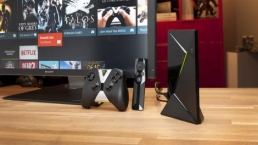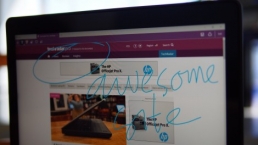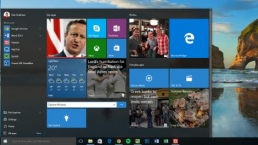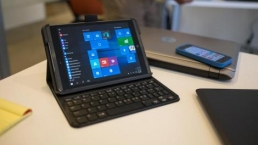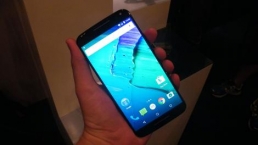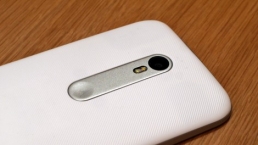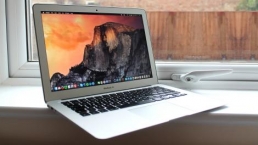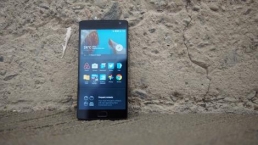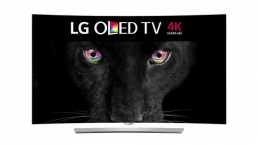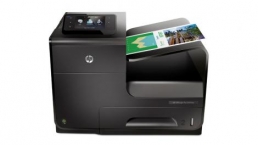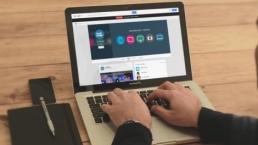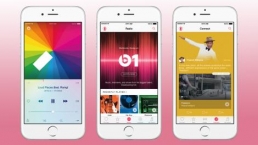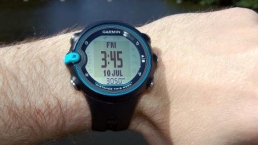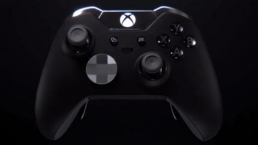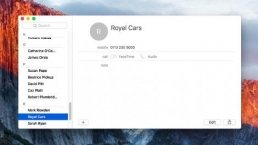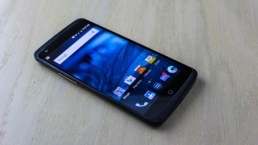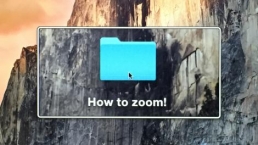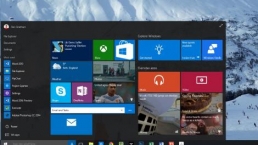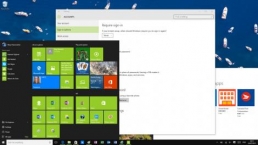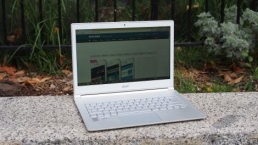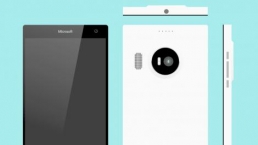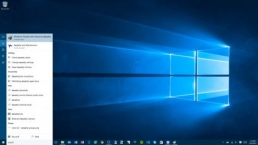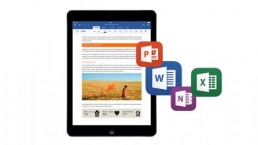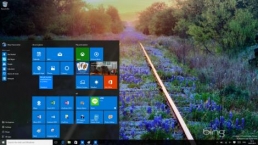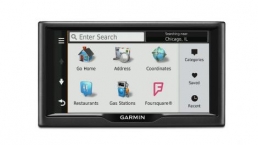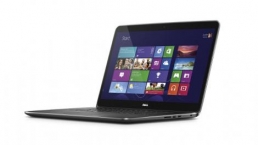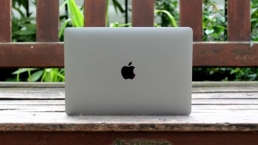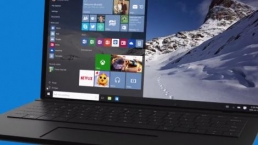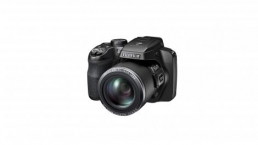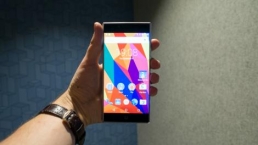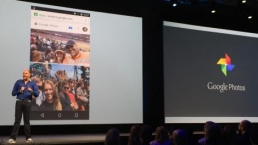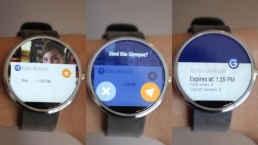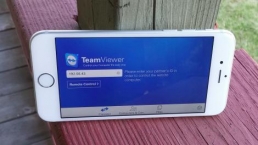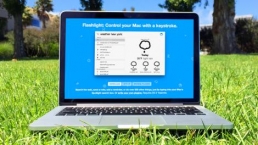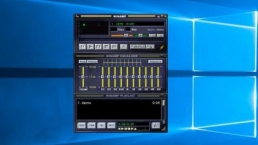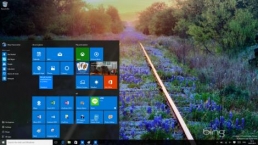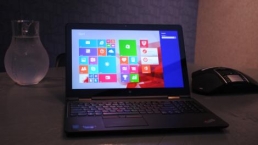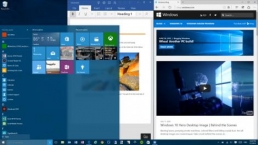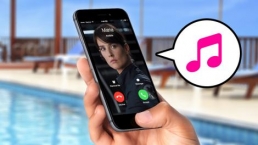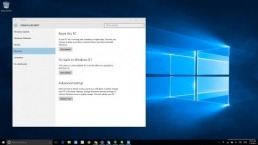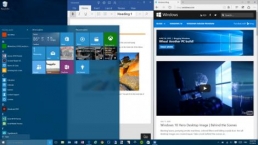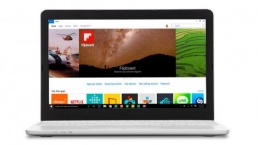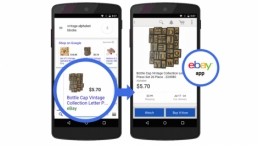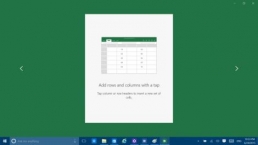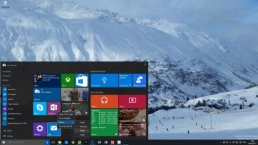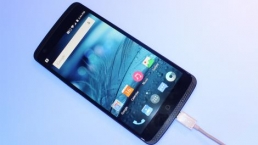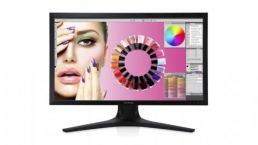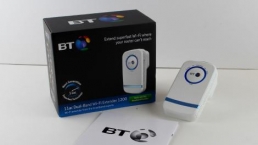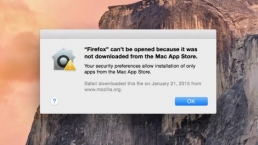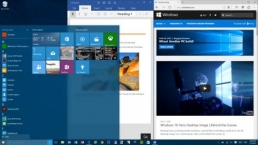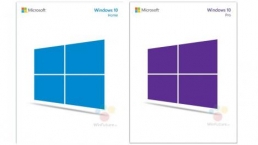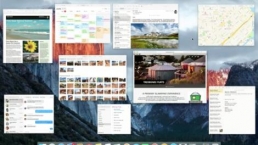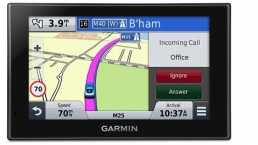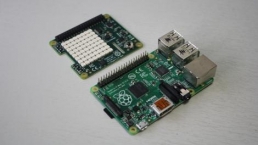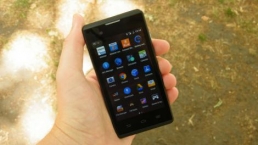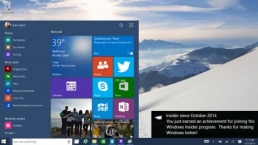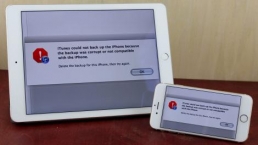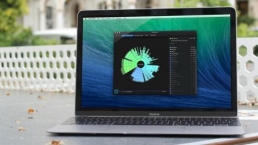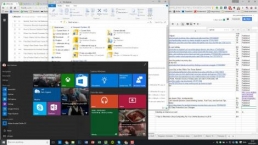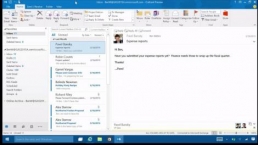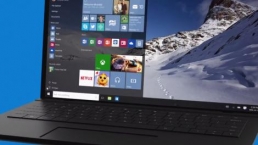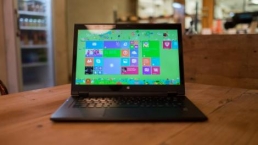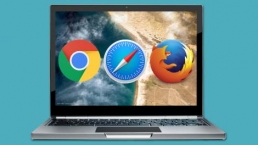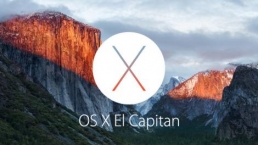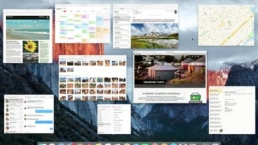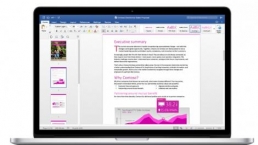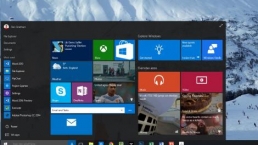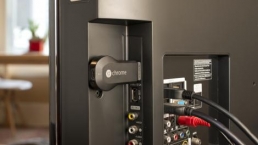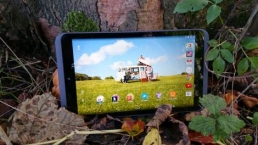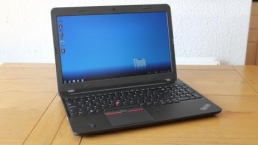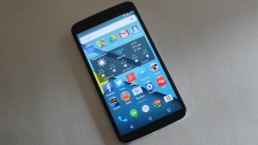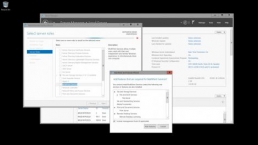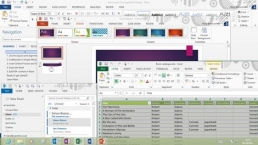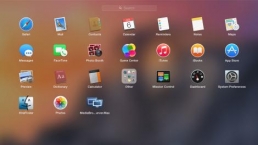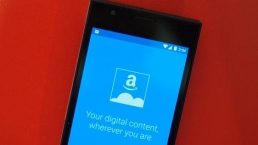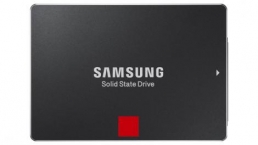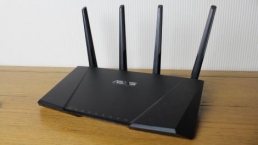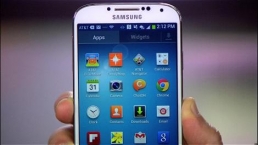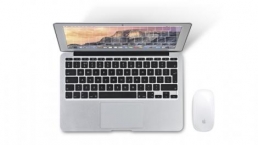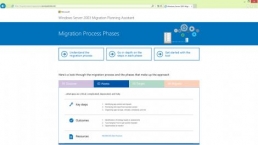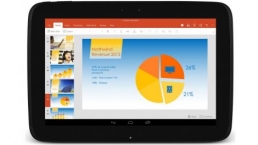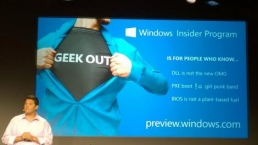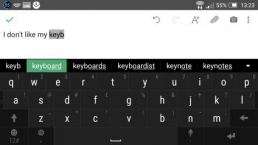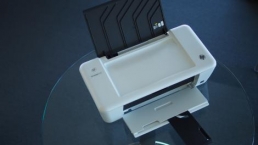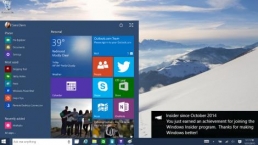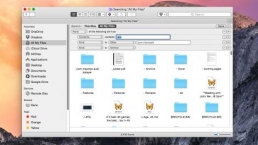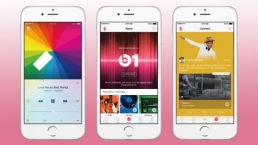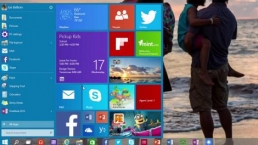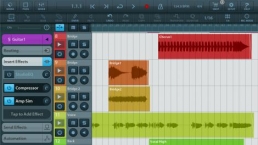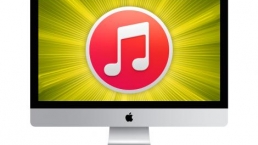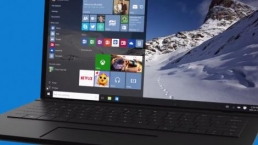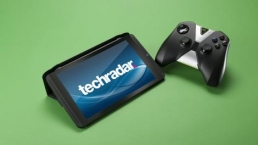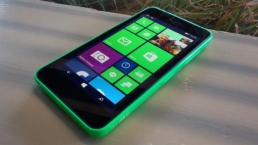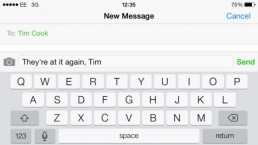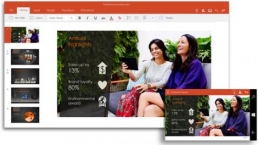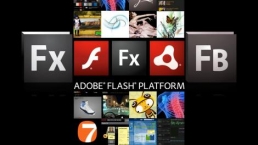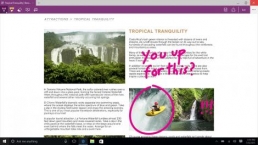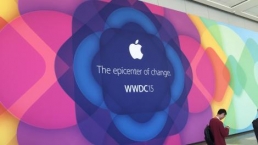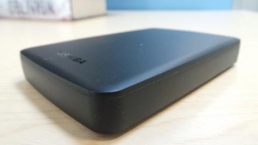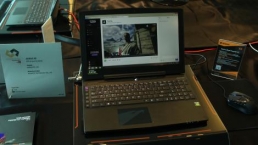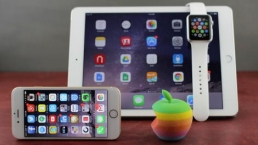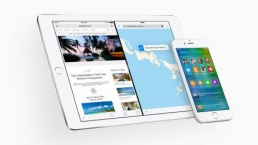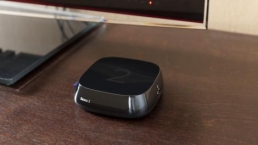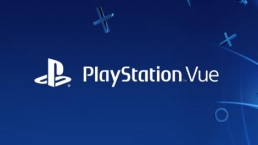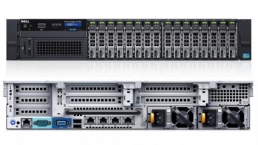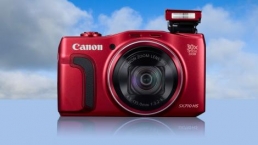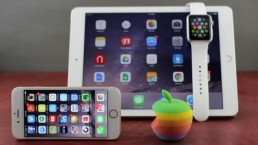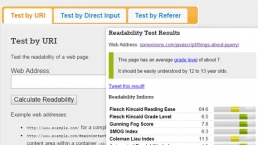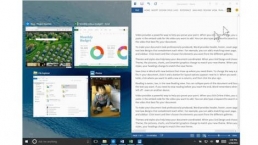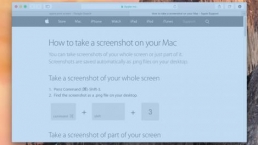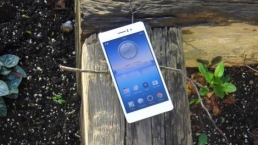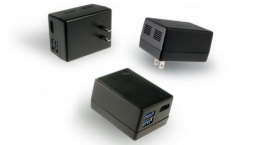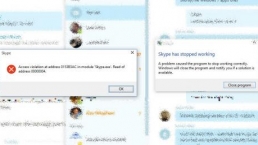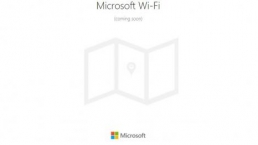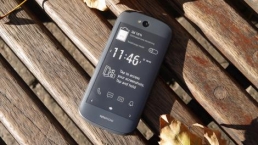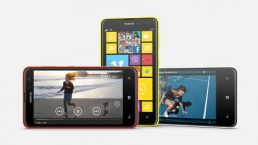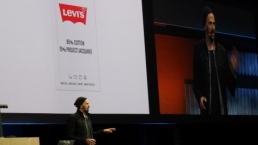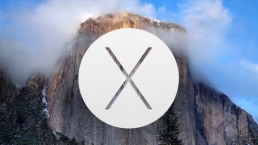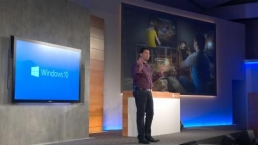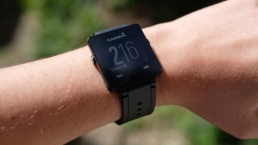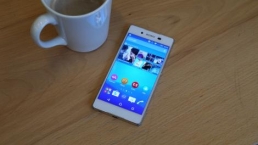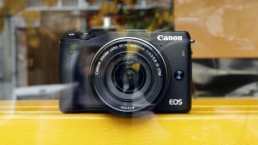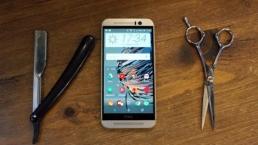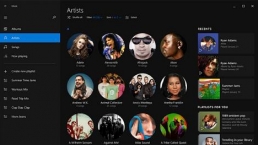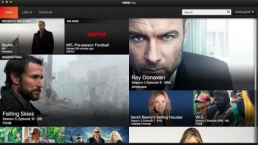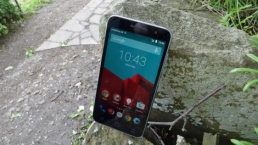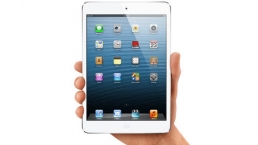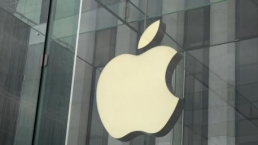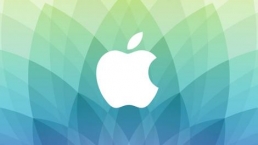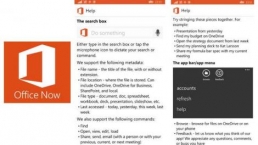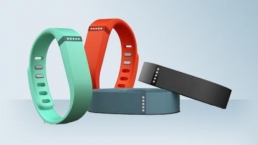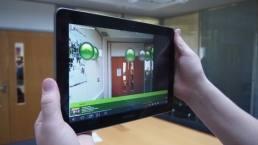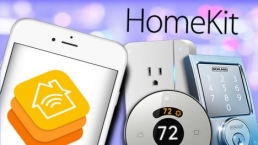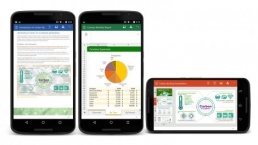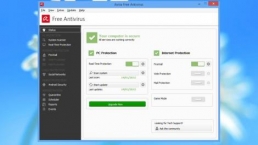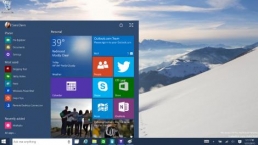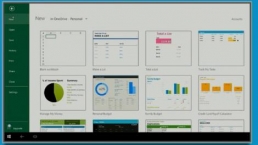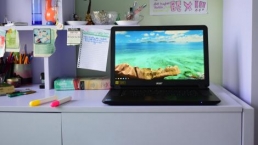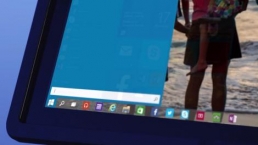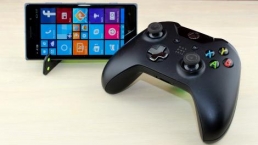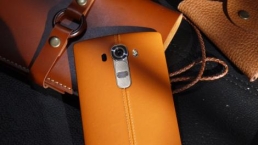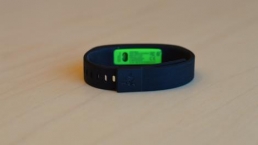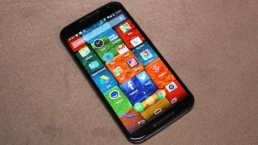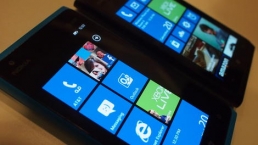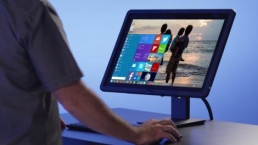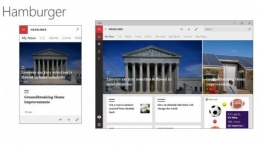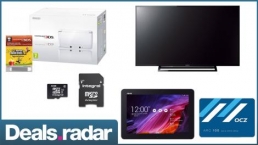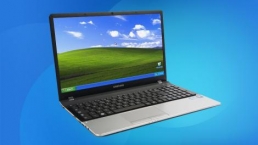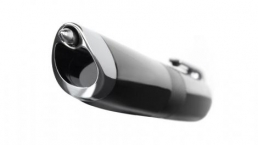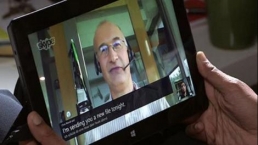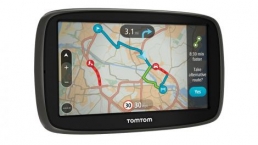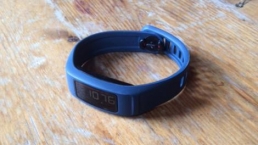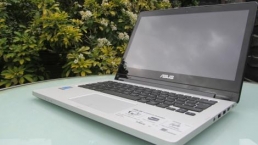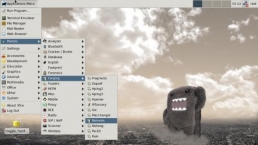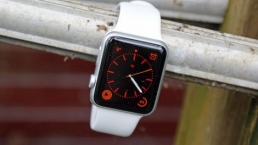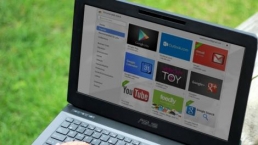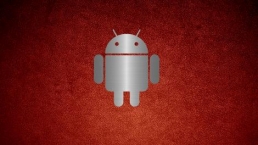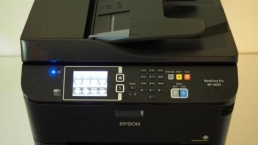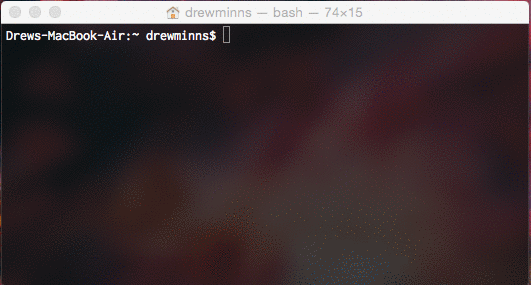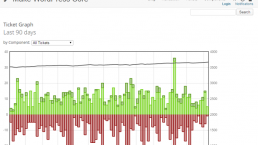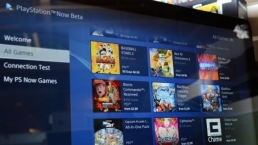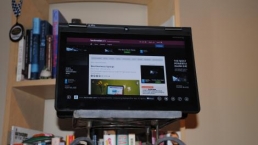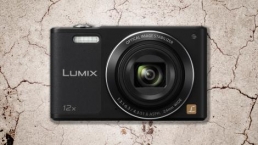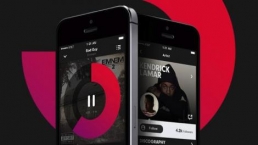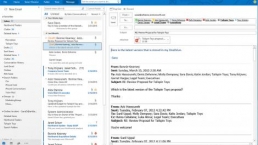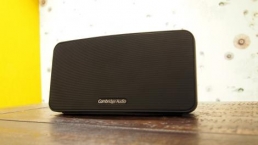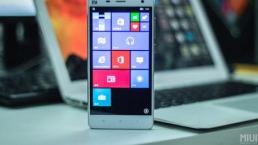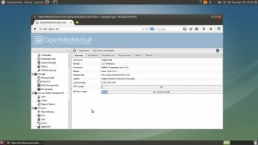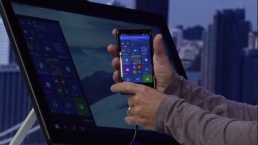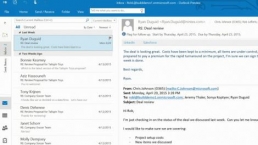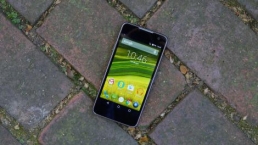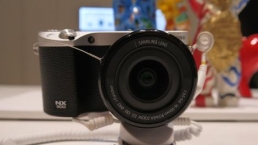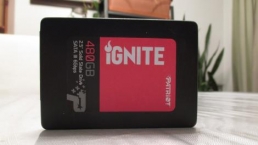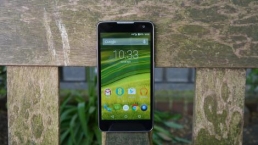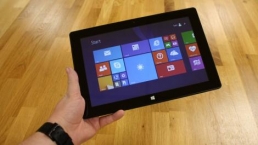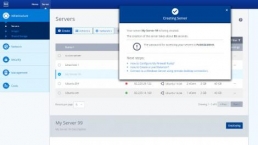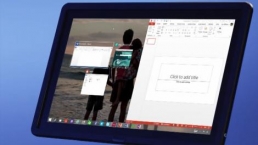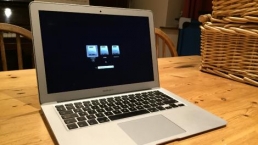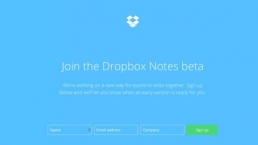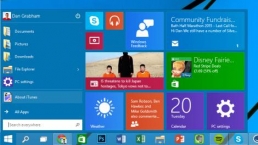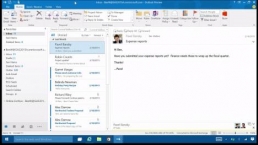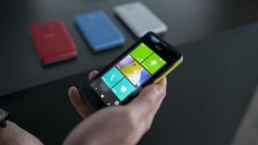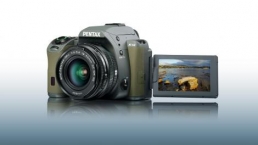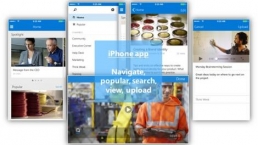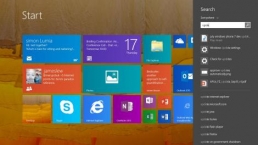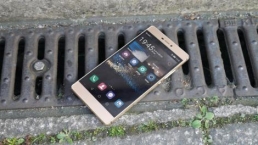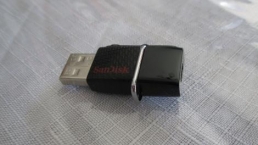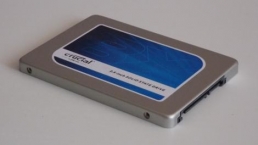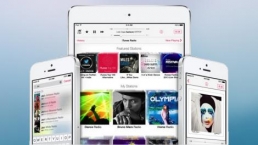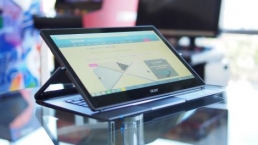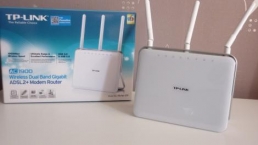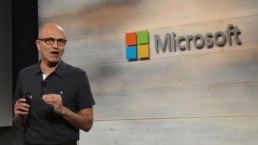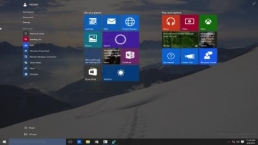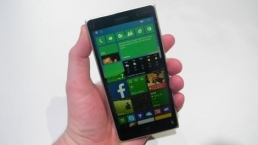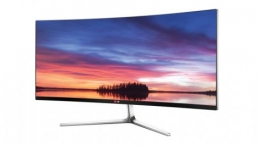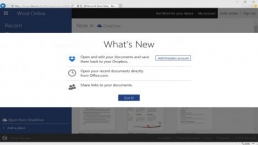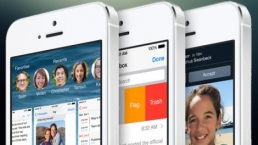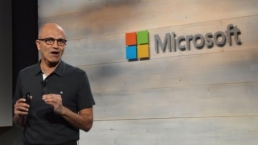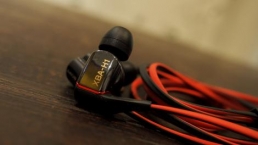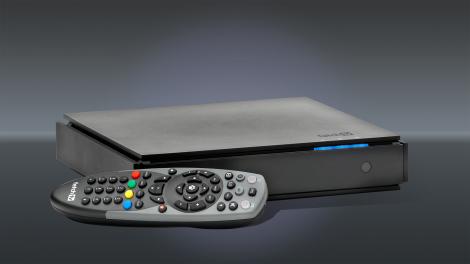
Introduction
Update: With the arrival of Netflix, we’ve gone back to the Fetch TV review to see whether access to the streaming service helps or hinders the upstart Pay TV platform.
The options for pay TV in Australia have always been somewhat limited. You can either opt to go with Foxtel and get a PVR like the Foxtel iQ3 or, if you live in a slightly more regional postcode, Austar. Fetch TV is bringing its own unique take on pay TV to the Australian television scene.
But the problem with both Foxtel and Austar is that historically neither of their PVR recording options offer a lot of support for the free-to-air channels that make up a significant percentage of most Australians’ viewing habits (although Foxtel is trying to change that with the iQ3).
Well, that and the fact that they are both relatively pricey for even the most basic starting package. They also require installation, either through HFC cable or by the installation of a satellite dish.
Fetch TV is a completely different approach. Instead of basing the service around pay TV, the Fetch box is first and foremost a traditional PVR for free-to-air television.
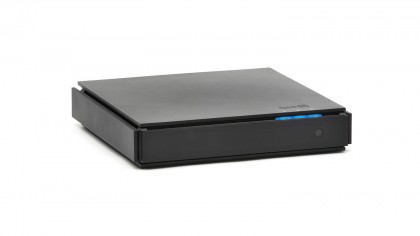
Inside there is a terabyte hard drive, plus three terrestrial tuners for recording two channels and watching a third simultaneously. 1GB of RAM ensures the box responds without lag.
But where Fetch really shines is by the addition of a properly integrated IP entertainment service. This takes the form of a pay TV subscription service that includes a heap of channels at a pretty decent price (more on this later), plus the ability to rent movies directly from the box.
Fetch also incorporates its own EPG solution, and has integrated catch-up TV platforms like ABC iView and SBS On Demand to not just work with the box, but to match the user experience.
And with the arrival of Netflix earlier this year, Fetch was quick to jump on the bandwagon, adding the global streamer to the platform for launch.
The rollout of Fetch has so far been fairly subdued. The company initially partnered with ISPs like iiNet and Optus to offer the box and the service, allowing the telcos to offer unmetered streaming for the entertainment services, while making it an appealing value add for bundled broadband services.
This finally changed in late 2014 though, with Fetch TV launching a version of the box direct to retail. The unlocked box will set you back $398 for the box and requires a one-off $1 activation fee for the Fetch TV service to work.
That one-off fee isn’t an empty payment either – for your buck you get three movie rental credits on any three movies, which means up to $20.85 value.
While this means that Fetch TV is opening itself up to mass market adoption, you’ll need to ensure you have a robust internet data plan to stream the content.
Also worth noting is that anyone buying the box outright doesn’t get any unmetered content, even if they are an iiNet or Optus customer.
Design
Unlike traditional PVRs like the TiVo or the Foxtel iQ2, the Fetch TV box is small. Measuring in at 260 x 252 x 50mm and with no obviously visible buttons on the front of the boxy design, the Fetch TV isn’t an eye-catching device that will form the visual centrepiece of your home entertainment setup.
In fact, the entire device is designed to vent heat out, and thanks to an external power supply, it doesn’t get too hot in the first place.
Obviously this type of minimalistic industrial design is somewhat subjective, but I can say that the box does appear to be a little bit lost in a traditional component slot of home entertainment furniture. That said, it’s so small you might be able to whack it on top of another device and save yourself a slot.
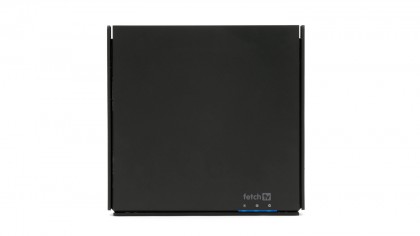
Our test unit was black, but there is a white unit exclusively available for iiNet customers, which could potentially be slightly more pleasing aesthetically.
There are a couple of lights that pop up when the device is powered on or recording, as well as when there’s an internet connection, so you get some visual insight into what the device is doing.
The back of the box houses all the connections, and herein lies the first concern we had with the device.
While an antenna input and HDMI and optical audio outputs (plus composite options for older devices) are all standard, the inclusion of the ethernet port does pose problems. Not that it is there – everyone knows that wired connections give you a much better connection – but because it is essential to the box’s functionality.
Yes, that’s right, the Fetch TV box does not offer integrated wireless, or even a wireless dongle.
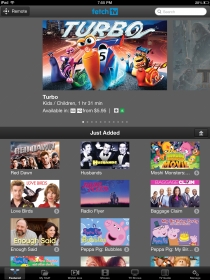
Instead, you have to either run cable across your house from the router to the Fetch box, or work around it by using powerline adapters or wireless range extenders.
The Fetch folk explained that there is, actually, a technical reason for this. According to Fred Hopley, COO of Fetch TV, the biggest issue is the fact that Fetch uses a technology called Multicast to essentially broadcast its paid channels over the internet.
Apparently, most routers don’t play well with Multicast technology, either not forwarding the data over Wi-Fi at all, or instead pushing Wi-Fi across the entire network and bogging it down with excess data.
There is hope that as the 802.11ac standard becomes more prevalent, Fetch will be able to look at introducing a wireless dongle to connect to the net, but until then it’s a case of sucking up powerpoints with range extenders.
There are also two USB ports on the back, which allow you to connect external storage for playing back your own content.
You can’t export recorded files out onto storage though, which is less of an issue than you might think when you consider the mobile app solution Fetch has integrated, which we’ll talk about a bit later.
The remote
Like every PVR ever made, the cornerstone of the Fetch TV box is the remote.
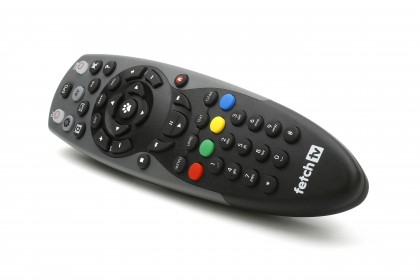
And the Fetch TV remote is a solid offering. With an overall design that feels strikingly familiar to Foxtel’s iQ2 remote, Fetch has managed to squeeze plenty of important controls onto the remote itself without making it too confusing for novice users.
The all-important paw button in the middle of the directional arrows mostly acts like an OK button, but can also pull up the menu when you’re just watching TV.
The dedicated EPG button at the very top of the remote is the other button you’ll be pressing lots of, as it acts as a shortcut into Fetch’s (frankly excellent) electronic program guide.
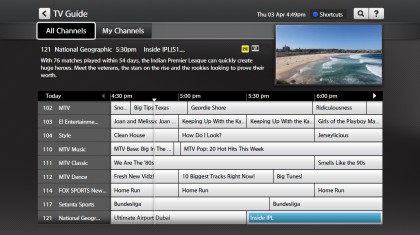
The EPG is immediate and up to date, with a convenient white line that tracks the current time against the schedule of shows on air, giving a quick look at how long until the next program.
The recent 2.1 update introduced real-time EPG data, which takes a feed from the free-to-air networks to offer up to date programming data. So when the networks are running well over time, the EPG will automatically adjust so you don’t miss the end of your show.
As expected, there is also a traditional number pad at the bottom of the remote, as well as four colour-coded buttons that shortcut to different features; a play/pause, fast forward and rewind section for recorded playback, and dedicated record and stop buttons.
The remote can also be programmed as a universal control that can rule over your television and DVD/Blu-ray player as well.
That needs to be manually set up, and can pose problems for less tech-savvy family members as you need to press dedicated TV/STB/DVD buttons to control the different units (with the Fetch box being the STB).
This compares to a generic universal remote like a Logitech Harmony Touch, which uses macros to control all your devices at the same time to achieve different results.
Other dedicated shortcut buttons include a direct link to your ISPs portal – provided you’ve got the box through your ISP – including a link to messages, a shortcut to your recorded programs via a PVR button, and also shortcuts to change the language, view subtitles and access the main menu.
But for anyone that’s ever lost a remote into the black hole that is the side of your couch, the ability to control pretty much every aspect of the device from the Fetch TV app on iOS and Android will be an even more alluring feature.
The service
Fundamentally a free-to-air PVR, Fetch TV stands above traditional PVR rivals by offering its own pay TV option, delivered over your internet connection.
For an extra $15-$20 a month for ISP subscribers (although that price will be different if depending on your ISP), you get 36 pay-TV channels streamed through the net in the shape of the ‘Entertainment Plus Pack’.
Outright purchasers will get the Fetch Starter pack, which includes video recording and catchup TV, as well as YouTube access and movie rentals.
The starter pack used to include 30 free Movie Box films, but now users are required to add the Entertainment Plus pack ($15) for the Entertainment channels and Movie Box service, while the Ovation ($4.95) and Setanta Sports ($14.95) packs are an additional cost.
The channel lineup in the Entertainment pack is fairly extensive: TV Hits, MTV, E!, Style, BBC First, BBC UKTV, BBC Knowledge, HGTV, The Food Network, NBC’s Universal Channel, SyFy, MTV Music, MTV Classic, MTV Dance, ESPN, ESPN2, National Geographic Channel, Nat Geo Wild, Nat Geo People, Travel Channel, Fashion TV, Disney, Disney Junior, Nickelodeon, Nick Jr, Baby TV, BBC World News, CNBC, Bloomberg, France 24, Euronews, NDTV, Channel NewsAsia, Al Jazeera, CCTV News, the Australian Christian Channel and the SyFy channel.
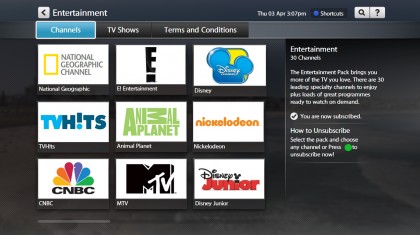
Fetch is also targeting the massive number of Australian homes that speak a language other than English with a range of World TV channels. Starting at $9.95 a month, users can opt for a selection of channels in a number of languages, including Chinese, Korean, Indian, Filipino, and more.
There are also add-ons for the sports lover, with beIN Sports costing $14.95 a month and offering heaps of European rugby and football games.
Once you’ve signed up, the channels are seamlessly integrated into the free-to-air EPG. You can scroll through the entire channel list, or select your favourites and limit what you want to see. As you channel flick, the Fetch device seamlessly transitions between broadcast channels and IP channels, with practically no delay regardless of the delivery mechanism.
In fact, the only way to really know which channels are broadcast and which ones are streamed is a tiny little icon on the info box that comes up when you change a channel.
The TV menu has also introduced a “Top Shows” option in the 2.1 software update, which curates some of the most popular programming from both free to air and Pay TV services, and allows you to browse the better shows in a simple, convenient fashion.
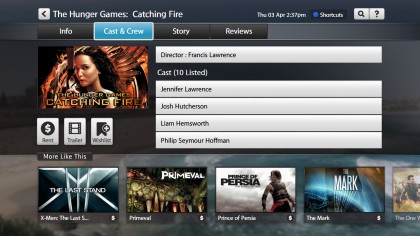
Movies, catch up and YouTube
The pay TV element – while important to the overall performance – is but a tiny portion of the services on offer.
Fetch TV also doubles as a movie rental service, offering the ability to hire both standard definition and high definition movies without ever having to leave your seat. Films cost the same as they do through services like Apple TV, with an easy to browse mechanism that pops up on the main menu.
Rotten Tomatoes reviews are integrated into the hiring process, giving an immediate insight into a film’s quality and helping users select their movie of the night.
Fetch also introduced a new “Specials” tab in its movie rental service, where 18 films will be available to rent for $2.95 at any given time.
But for viewers who want more than just the latest blockbusters, Fetch also provides the Movie Box service, which includes 30 movies to stream for free. Every day a new movie is added, which is available for 30 days before being taken off the service.
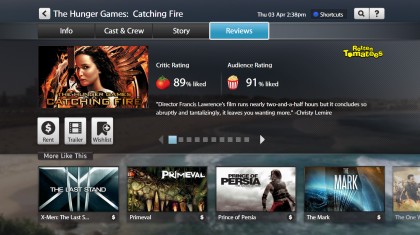
The movie selection doesn’t include any new releases, and the quality of films vary, but there are plenty of watchable (and award winning) films on offer. While we tested, you could watch The Last King of Scotland or Independance Day as two out of the thirty films.
All the Movie Box offerings are only available in SD, so despite the variety there is obviously a quality question. But given they don’t cost any extra, it can hardly be considered a viable complaint.
While Moviebox offers plenty of value, from a simple convenience standpoint, it’s hard to go past the catch-up services.
Both ABC iView and SBS On Demand are integrated into the box itself, saving you the hassle of having to access them via a separate device.
Also in the catch up service list in the latest update was Channel 10’s TenPlay app, so Masterchef and Neighbours fans are now officially catered for, while Yahoo!7 Plus7 means Home and Away is never too far away
What’s more, all these services have been customised to mimic the Fetch TV’s user interface, which makes the whole process of navigating and selecting which catch-up programs to watch so much easier.
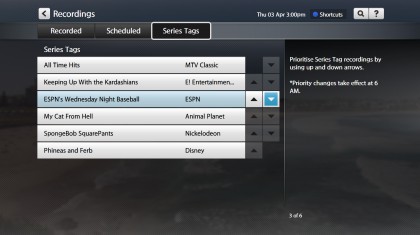
Compared to the iView app on devices like the PlayStation 3, this is a much more enjoyable way to experience the catch up service.
But the most recent addition to the Fetch TV box – Netflix – is one of the device’s biggest selling points.
The Netflix app is available at the top of the Apps menu, and is immediately familiar to anyone who has used Netflix before, with plenty of suggested content across the screen controllable via the Fetch TV remote.
The inclusion of Netflix is a boon for the set top box, but Fetch TV has long celebrated its openness to include as many streaming services as possible.
Whether StreamCo’s Stan will come to the service is still to be seen, but given Presto’s affiliation with Foxtel, it’s unlikely we’ll see it on Fetch any time soon though.
If you still can’t find anything to watch via the subscription channels, or catch-up TV services, there’s always YouTube.
Fetch TV integrates YouTube leanback, which has videos optimised for a big screen experience. Obviously, watching a video encoded at 240p will look absolutely rubbish on your big screen, but watching a Full HD movie like Red Bull’s The Art of Flight is a very enjoyable experience.
You can also partner the YouTube experience with your phone or tablet, allowing you to type and search much easier than manually working through the remote’s T9 keyboard.
Finally, Fetch has incorporated DLNA into the box, introducing the ability to watch your own content directly from the box. Accessing your local network content is found in the same section of the user interface as your recordings, which is a pretty intuitive place to put it, really.
It also works really well, streaming content from our smartphone effortlessly.
Performance
The overall quality of broadband in Australia is pretty rubbish really, which was always one of the justifications for the NBN rollout.
With that in mind and the fact we were using an ADSL2+ Telstra connection located about 4km from the local exchange, we had some serious concerns over the Fetch Box’s ability to deliver on such a low quality connection.
For the most part though, Fetch’s streaming quality was impressive. The box would happily push the subscription channels to the TV over a wireless bridge with little to no lag when flicking channels.
In fact, the responsiveness of the box is hard to fault. For anyone who has ever used a PVR that doesn’t have an IP delivered EPG like IceTV or TiVo, the Fetch TV is a revelation, responding to your control immediately.
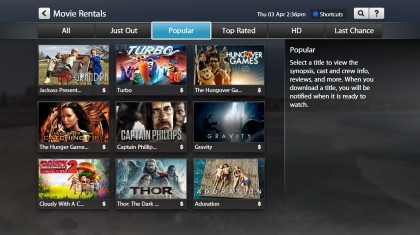
From a streaming standpoint, there were only a few moments when the connection wasn’t able to deliver. When streaming a video to another device over the same internet connection, the box popped up a message informing that the connection speed had dropped and to maybe stop watching that other video.
The connection also struggled one night during a storm, when the rain and thunder was upsetting not just the local dogs, but also those of us trying to stream video via Fetch TV’s IP channels.
Truth be told, you’re unlikely to get a worse connection than the one we used to test outside of capital cities and suburbia, so if you’re wondering if your connection is up to the task of streaming to a Fetch TV box, you’ll probably be pleasantly surprised.
You’ll just need to ensure you have a large data plan if you’re not getting unmetered data through your ISP. Streaming all that video will chew through the gigabytes pretty quickly.
The video quality is also just standard definition at this point in time, with Fetch admitting it will expand into HD soon.
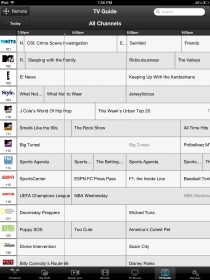
When that happens, it’s unlikely a really average ADSL2+ connection like the one we used will be able to handle the load consistently. This is not the fault of Fetch, but something to consider when signing up.
Also worth noting is that while the subscription channels stream and start playing without skipping a beat, hiring an HD movie isn’t the same.
Just like the Apple TV, if you’re renting an HD movie for a Saturday night and you have a slightly sketchy connection, it’s better to plan your viewing hours in advance to allow time for the film to download.
Like most digital rentals, you have 7 days to start watching the film once you’ve hired it, and 48 hours to watch it from the moment you first press play.
User interface
It’s pretty clear that the team at Fetch has spent a fair amount of time working on the user interface of the box as it is a genuine pleasure to use.
Hitting the menu button brings up an opaque menu, with large images of potential movie rentals above a simple menu that drops down different sub menus based on the category.
The opacity of the menu is a key feature, meaning you can easily browse through the different content on the device during an ad break and know exactly when to switch back to your show.
From left to right, the menu categories available include My Stuff, Movies, TV, Apps, Manage and Fetch TV, although that last one will vary depending on where you get your box from – our review unit said iiNet instead.
We’ve mentioned it a few times, but flicking around the menu system with your remote is practically instantaneous thanks to the high-end hardware inside. There’s an absolutely minimal amount of lag, with menus changing over immediately.
There’s also some intuitive features in the menu systems, like the fact that recordings aren’t organised into a massively long, random list. Instead, they are organised into folders of programs, which are then organised into sub-folders based on season.
Given there’s a terabyte of storage on board, having a well-organised recording archive makes the process of finding which show to watch significantly easier.
The introduction of season breakdowns is amazing, although it appears that the service can’t detect when you’ve already recorded a particular episode. After a few months use, the hard drive in my unit had five versions of a single episode of Dora the Explorer, which is obviously not the best usage of the storage.
In addition, if there was one thing we’d love to see implemented, it’s the ability to set automatic recordings or alerts for specific programs or genres.
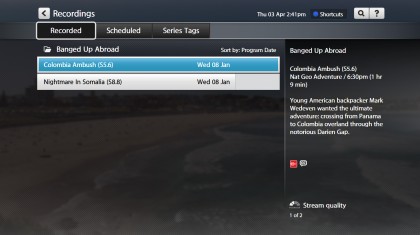
While the box does a really good job of setting up a Series Tag, at present it’s not possible to set an alert for a particular actor or movie genre and have the box automatically record it for later viewing.
This is a function that works exceptionally well with the TiVo, and is something we’d love to see integrated into the Fetch box one day.
Fetch tells us that TiVo has some patents that make rolling out a feature like that problematic, but it is planning on introducing a curated list of suggested shows based on your Series Tags.
Since our last update, the service has also added the ability to browse content by cast or crew, allowing you to go on a Spielberg binge.
In any case, Fetch has also introduced a “Top Tips”s service in the Apps menu that offers regular tips on how to get more from the service as part of the 2.1 update. It’s a useful addition, especially for the less tech-savvy users.
Going mobile
While the Fetch TV box itself is a pretty solid effort, what makes the platform a success is the ability to stretch beyond the television via iOS and Android applications.
In the settings menu on the Fetch TV, you can pair up to five mobile iOS or Android devices. Each of these apps can then be used to both control the Fetch TV box as a supplementary remote control, allowing you to browse the EPG using the device’s touchscreen, change channel, adjust volume and more.

But where the apps get really good is the access to content.
Through the mobile app you can also watch any of your subscription TV channels live – although sadly not the free-to-air channels.
Movie Box films are available through the mobile app, as are movie rentals. These films are streamed through the internet direct to your device, no matter where you are, giving you the ability to keep yourself entertained on a commute for example (so long as you have the data limit, that is).
The app also lets you watch your Fetch TV recordings on a mobile device, although you’ll need to be connected to the same Wi-Fi network to take advantage of that.
While that doesn’t offer the same flexibility of catching up on TV series on the road that say a TiVo does, it still allows you to let the better half watch Masterchef on the iPad while you watch Speed on the big screen.
Verdict
The Fetch TV has aspirations for greatness. It aims to bring the humble PVR into the 21st century by giving it the tools to take advantage of the internet as a source of content.
For the most part, the box is a resounding success. Top of the line specifications packed into a small, almost inconspicuous box complete with a robust subscription TV model make it a realistic competitor to the likes of Foxtel and TiVo.
Of course, the reliance on a solid internet connection could prove problematic to some customers, which is why the decision to partner with ISPs for its rollout is actually a stroke of genius.
But for a service that effectively amounts to $25-$30 a month, it gives an enticing alternative for people looking to get more from their TV viewing habits.
We liked
The user interface – and in particular the responsiveness – is truly inspiring. Being able to quickly browse through dozens of channels in a simple EPG, without waiting for programs to load or experiencing lag when you change pages is the height of convenience.
The remote is robust, and the versatility when it comes to on-demand content is also welcome. Seriously, you will never have to worry about having nothing to watch, and the stuff that you record for later viewing is also conveniently categorised for easy discovery.
The mobile apps add an extra dimension to the service, offering a convenient way to watch away from the television. While it does have some limitations, it’s a solid experience that anyone can take advantage of.
We disliked
It’s a short list here, because the platform is very robust. The lack of integrated Wi-Fi – while understandable from a technical point of view – is nonetheless a pain when it comes to actually setting up your Fetch Box.
We’d also like the ability to pre-emptively schedule programs based on actor, genre and other metadata like the TiVo does. There have been some improvements in this area around cast-based browsing, but being able to automatically record would be a really useful addition.
The only other potential concern is the quality of your internet connection impacting performance. It was far from ideal having viewing interrupted by someone else watching a video on YouTube on their computer on the same connection. That’s not the fault of Fetch, but it will undoubtedly impact customers who struggle with their broadband connection anyway.
Final Verdict
This is one of the most impressive PVRs available on the Australian market today. The team at Fetch has combined an exceptionally well conceived EPG and recording functionality with a lovely user interface and a top-class pay TV service.
Given the expense of a Foxtel subscription and iQ3 box, and the question marks over TiVo’s very existence in Australia these days, there’s no question that this is one of the best alternatives for Australians looking to get more out of their TV viewing habits.
We’re keen to see how Fetch improves this year, with the arrival of Foxtel’s iQ3 PVR, as well as video streaming services like Netflix and Stan. On the whole though, we think the service will continue to succeed as Australian internet connections improve.
![]()
Related Posts
December 6, 2021
7+ Web Design Trends for 2022: Which Will You Use?
December 6, 2021
The 10 Best WordPress Booking Plugins to Use On Your Website
December 6, 2021
How to Use a Web Cache Viewer to View a Cached Page
November 6, 2021
10 Modern Web Design Trends for 2022
November 6, 2021
Best Free SSL Certificate Providers (+ How to Get Started)
November 6, 2021
How to Design a Landing Page That Sends Conversions Skyrocketing
November 6, 2021
What Are the Best WordPress Security Plugins for your Website?
October 6, 2021
Your Guide to How to Buy a Domain Name
October 6, 2021
How to Build a WordPress Website: 9 Steps to Build Your Site
September 6, 2021
10 Best Websites for Downloading Free PSD Files
September 6, 2021
HTML5 Template: A Basic Code Template to Start Your Next Project
September 6, 2021
How Much Does It Cost to Build a Website for a Small Business?
September 6, 2021
A List of Free Public CDNs for Web Developers
September 6, 2021
6 Advanced JavaScript Concepts You Should Know
August 6, 2021
10 Simple Tips for Launching a Website
August 6, 2021
25 Beautiful Examples of “Coming Soon” Pages
August 6, 2021
10 Useful Responsive Design Testing Tools
August 6, 2021
Best-Converting Shopify Themes: 4 Best Shopify Themes
July 6, 2021
What Is Alt Text and Why Should You Use It?
July 6, 2021
24 Must-Know Graphic Design Terms
June 6, 2021
How to Design a Product Page: 6 Pro Design Tips
April 6, 2021
A Beginner’s Guide to Competitor Website Analysis
April 6, 2021
6 BigCommerce Design Tips For Big Ecommerce Results
April 6, 2021
Is WordPress Good for Ecommerce? [Pros and Cons]
March 6, 2021
Make Websites Mobile-Friendly: 5 Astounding Tips
March 6, 2021
Shopify vs. Magento: Which Platform Should I Use?
March 6, 2021
Top 5 Web Design Tools & Software Applications
February 6, 2021
Website Optimization Checklist: Your Go-To Guide to SEO
February 6, 2021
5 UX Design Trends to Dazzle Users in 2021
February 6, 2021
What Is the Average Page Load Time and How Can You Do Better?
February 6, 2021
Choosing an Ecommerce Platform That Will Wow Customers
February 6, 2021
7 Best Practices for Crafting Landing Pages with Forms
February 6, 2021
7 B2B Web Design Tips to Craft an Eye-Catching Website
January 6, 2021
Mobile-Friendly Checker | Check Your Site’s Mobile Score Now
January 6, 2021
8 Tips for Developing a Fantastic Mobile-Friendly Website
December 6, 2020
How to Add an Online Store to Your Website [4 Ways]
December 6, 2020
5 UX Design Tips for Seamless Online Shopping
November 6, 2020
Ecommerce Website Essentials: Does Your Site Have All 11?
November 6, 2020
5 Small Business Website Essentials You Need for Your Site
November 6, 2020
Your Website Redesign Checklist for 2020: 7 Steps for Success
May 1, 2020
Psychology of Color [Infographic]
April 21, 2020
How to start an online store that drives huge sales
January 3, 2020
5 Lead Generation Website Design Best Practices
March 6, 2019
6 Reasons You Should Redesign Your Website in 2019
March 6, 2019
7 Web Design Trends for 2019
February 19, 2019
Who owns the website/app source code, client or developer
February 7, 2019
Don’t Let Your Domain Names Expire in 2019
January 8, 2019
2019 Website Development Trends To Note
October 6, 2017
How Web Design Impacts Content Marketing
October 6, 2017
How to Choose a Navigation Setup
August 6, 2017
Why User Experience Matters to Marketing
July 6, 2017
5 Ways Web Design Impacts Customer Experience
September 6, 2016
How to Learn Angular
September 6, 2016
The Excuses for Not Having a Website (Infographic)
September 6, 2016
How to Build an Award-Winning Web Design Team
September 6, 2016
13 Free Data Visualization Tools
August 6, 2016
How Selling Pastries Helped Us Design a Better Product
August 6, 2016
11 Sites to Help You Find Material Design Inspiration
July 4, 2016
How to change free wordpress.com url
April 6, 2016
The 5 Best Free FTP Clients
April 6, 2016
7 Free UX E-Books Worth Reading
March 6, 2016
Can Handwritten Letters Get You More Clients?
December 10, 2015
Star Wars Week: How to create your own Star Wars effects for free
December 6, 2015
20 "Coming Soon" Pages for Inspiration
December 6, 2015
6 Free Tools for Creating Your Own Icon Font
December 6, 2015
9 Useful Tools for Creating Material Design Color Palettes
November 6, 2015
20 Free UI Kits to Download
November 6, 2015
50 Web Designs with Awesome Typography
November 6, 2015
When to Use rel="nofollow"
November 6, 2015
7 Free Books That Will Help You Become More Productive
November 6, 2015
50 Beautiful One-Page Websites for Inspiration
November 6, 2015
Circular Images with CSS
October 6, 2015
Lessons Learned from an Unsuccessful Kickstarter
October 6, 2015
5 Games That Teach You How to Code
October 6, 2015
Cheatsheet: Photoshop Keyboard Shortcuts
October 6, 2015
An Easy Way to Create a Freelance Contract for Your Projects
October 6, 2015
50 Design Agency Websites for Inspiration
September 29, 2015
JB Hi-Fi shutting the book on ebooks
September 24, 2015
Opinion: Quick, Quickflix: It's time to give yourself the flick
September 24, 2015
New Star Wars 360-degree video is among first on Facebook
September 21, 2015
Apple purges malicious iPhone and iPad apps from App Store
September 12, 2015
Apple's new Live Photos feature will eat up your storage
September 12, 2015
The latest Windows 10 Mobile preview has been delayed
September 12, 2015
IBM buys StrongLoop to add Node.js development to its cloud
September 8, 2015
Fake Android porn app takes your photo, then holds it ransom
September 6, 2015
50 Restaurant Websites for Inspiration
September 6, 2015
Zero UI — The Future of Interfaces
September 6, 2015
50 Beautiful Websites with Big Background Images
September 6, 2015
Infographic: 69 Web Design Tips
September 6, 2015
Free Windows 10 Icons
September 2, 2015
Instagram turns itself into a genuine messaging service
August 11, 2015
In Depth: How Microsoft taught Cortana to be more human
August 11, 2015
Windows 10 price, news and features
August 11, 2015
Windows 10's broken update introduces endless reboot loop
August 11, 2015
Windows 10 races to 27m installs
August 11, 2015
Windows 10 IoT Core gets first public release
August 10, 2015
iOS Tips: How to backup iPhone to an external drive
August 10, 2015
Windows 8.1 RT finally getting Windows 10 Start Menu
August 10, 2015
How to use Windows Hello
August 10, 2015
Review: Moto Surround
August 10, 2015
Review: Moto G (2015)
August 9, 2015
8 of the best free VPN services
August 8, 2015
Use Firefox? Mozilla urges you update ASAP
August 7, 2015
Mac Tips: Apple Mail: How to remove the Favorites Bar
August 7, 2015
How to make the OS X dock appear faster
August 7, 2015
Review: BQ Aquaris E45 Ubuntu Edition
August 7, 2015
Review: Acer Liquid Jade Z
August 6, 2015
How to reinstall Linux
August 6, 2015
How to reinstall Windows
August 6, 2015
Updated: Apple Music: release date, price and features
August 6, 2015
Social News Websites for Front-End Developers
August 6, 2015
10 Free JavaScript Books
August 6, 2015
50 Beautiful Blog Designs
August 6, 2015
Animated SVG Pipes Effect
August 6, 2015
Launching Your First App
August 5, 2015
Windows 10 goes freemium with paid apps
August 5, 2015
Updated: Week 1 with Windows 10
August 5, 2015
Mac Tips: How to manage Safari notifications on Mac
August 5, 2015
Microsoft Sway may kill the PowerPoint presentation
August 4, 2015
Microsoft gives Outlook on the web a new look
August 4, 2015
Mac OS X vulnerable to new zero-day attack
August 4, 2015
Windows 10 users warned of two scams
August 4, 2015
Microsoft's Docs.com is now available to everyone
August 3, 2015
Mac Tips: How to edit the Favorites sidebar on Mac
August 3, 2015
Updated: Windows 10 price, news and features
July 29, 2015
Review: HP ProDesk 405 G2
July 29, 2015
Hands-on review: HP Elite x2 1011
July 29, 2015
Hands-on review: Updated: Windows 10 Mobile
July 29, 2015
Review: Updated: Nvidia Shield Android TV
July 28, 2015
LIVE: Windows 10 launch: Live Blog!
July 28, 2015
How to prepare for your upgrade to Windows 10
July 28, 2015
Review: Updated: Windows 10
July 28, 2015
Review: Updated: HP Pro Tablet 608
July 28, 2015
Review: Heat Genius
July 28, 2015
Hands-on review: Moto X Play
July 28, 2015
Hands-on review: Moto X Style
July 28, 2015
Hands-on review: Moto G (2015)
July 28, 2015
Review: 13-inch MacBook Air (early 2015)
July 28, 2015
Hands-on review: OnePlus 2
July 28, 2015
Review: LG 65EG960T 4K OLED
July 28, 2015
Mac Tips: How to share printers on Mac
July 27, 2015
Apple Music's arrival hasn't opened Pandora's box
July 26, 2015
Review: Garmin Swim
July 25, 2015
How to merge OS X contacts into an existing list
July 25, 2015
Hands-on review: UPDATED: ZTE Axon
July 24, 2015
Mac Tips: How to zoom in on a Mac
July 24, 2015
What Windows 10 means for the enterprise
July 24, 2015
Review: JBL Charge 2 Plus
July 24, 2015
Review: Acer Aspire S7
July 24, 2015
Review: Updated: Canon G3 X
July 24, 2015
Review: Updated: iPad Air 2
July 24, 2015
Review: Thinksound On1
July 24, 2015
Review: Asus Chromebook Flip
July 24, 2015
Review: Garmin Forerunner 225
July 23, 2015
Review: Garmin nuvi 68LM
July 23, 2015
Review: Samsung Galaxy S6 Active
July 23, 2015
Review: Bowers and Wilkins P5 Wireless
July 23, 2015
Review: Dell XPS 15 (2015)
July 21, 2015
Review: Fuji S9900W
July 21, 2015
Review: Updated: Fitbit Surge
July 21, 2015
Review: UE Roll
July 21, 2015
Hands-on review: Ubik Uno
July 20, 2015
Review: Samsung HW-J650
July 20, 2015
Updated: 40 best Android Wear smartwatch apps 2015
July 20, 2015
Review: Acer Chromebook C740 review
July 20, 2015
Review: Huawei Talkband B2
July 20, 2015
Review: Dell Venue 10 7000
July 20, 2015
Review: Intel Core i7-5775C
July 17, 2015
Mac Tips: How to delete locked files on Mac
July 17, 2015
Review: Pebble Time
July 16, 2015
Microsoft just made Windows XP even less secure
July 16, 2015
Windows 8.1 RT is getting an update this September
July 16, 2015
OS showdown: Windows 10 vs Windows 8.1 vs Windows 7
July 16, 2015
Review: Acer CB280HK
July 15, 2015
Windows 10 is ready for new laptops and PCs
July 15, 2015
Explained: How to take a screenshot in Windows
July 15, 2015
Office for Windows 10 appears in latest build
July 14, 2015
Review: ZTE Axon
July 14, 2015
Review: ViewSonic VP2780-4K
July 14, 2015
Hands-on review: SanDisk Connect Wireless Stick
July 14, 2015
Review: Oppo PM-3
July 14, 2015
Review: BT 11ac Dual-Band Wi-Fi Extender 1200
July 14, 2015
Review: Fuji X-T10
July 13, 2015
How to build an SEO strategy for your business
July 13, 2015
Review: Lenovo ThinkPad Yoga 15
July 13, 2015
Review: Audio-Technica ATH-MSR7
July 13, 2015
Review: Garmin NuviCam LMT-D
July 13, 2015
Review: Dell Inspiron 13 7000
July 13, 2015
Hands-on review: AstroPi SenseHAT
July 13, 2015
Hands-on review: EE Rook
July 13, 2015
Hands-on review: Updated: HTC Vive
July 12, 2015
Here's the ultimate software list for PC fanatics
July 10, 2015
How to use the new Photos app for Mac
July 10, 2015
Windows 10 Insider Preview Build 10166 available now
July 10, 2015
Splunk spends big on cybersecurity acquisition
July 10, 2015
Making Windows 10 apps just got a whole lot easier
July 10, 2015
Review: Lenovo LaVie Z 360
July 9, 2015
OS X El Capitan public beta available right now
July 9, 2015
Microsoft finally unveils Office 2016 for Mac
July 9, 2015
Review: Updated: Chromecast
July 9, 2015
Review: Updated: Tesco Hudl 2
July 9, 2015
Review: Lenovo ThinkPad E550
July 9, 2015
Review: Updated: Google Nexus 6
July 8, 2015
What you need to know about Windows Server 2016
July 7, 2015
Microsoft to hike enterprise cloud pricing
July 6, 2015
Hacking Team end up being totally 0wned
July 6, 2015
Review: HP Pro Slate 12
July 6, 2015
Review: Samsung 850 Pro 2TB
July 6, 2015
Review: Asus RT-AC87U
July 6, 2015
Review: Jawbone UP2
July 6, 2015
Reimagining the Web Design Process
July 6, 2015
50 Clean Websites for Inspiration
July 6, 2015
15 Free Books for People Who Code
July 6, 2015
Web Storage: A Primer
July 6, 2015
A Look at Some CSS Methodologies
July 3, 2015
6 Essential Mac Mouse and Trackpad Tips
July 2, 2015
How to install a third party keyboard on Android
July 2, 2015
Review: UPDATED: Asus Zenfone 2
July 2, 2015
Review: Alienware 13
July 2, 2015
Review: HP DeskJet 1010
July 1, 2015
5 issues we want Apple Music to fix
June 13, 2015
Cortana will get its own button on Windows 10 PCs
June 12, 2015
Windows 10 will come with universal Skype app
June 12, 2015
iPad music production: 18 Best apps and gear
June 12, 2015
Windows 10 all set for early enterprise struggle
June 12, 2015
Review: Garmin VIRB Elite
June 11, 2015
Review: Updated: Nvidia Shield Tablet
June 11, 2015
Review: Nokia Lumia 635
June 10, 2015
Microsoft brings more online tweaks to Office 365
June 10, 2015
Mac Tips: How to use Screen Sharing in Mac OS X
June 9, 2015
Hands-on review: Meizu M2 Note
June 9, 2015
Hands-on review: EE 4GEE Action Camera
June 9, 2015
Review: Toshiba 3TB Canvio external hard drive
June 9, 2015
Review: Olympus SH-2
June 8, 2015
Hands-on review: Updated: Apple CarPlay
June 8, 2015
UPDATED: iOS 9 release date, features and news
June 8, 2015
Review: Updated: Roku 2
June 8, 2015
Review: Updated: PlayStation Vue
June 8, 2015
Review: Dell PowerEdge R730
June 8, 2015
Review: Canon SX710 HS
June 7, 2015
UPDATED: iOS 9 release date, features and rumors
June 7, 2015
Review: Lenovo S20-30
June 6, 2015
Free Writing Icons
June 6, 2015
15 CSS Questions to Test Your Knowledge
June 6, 2015
The Best CSS Reset Stylesheets
June 6, 2015
How CSS Specificity Works
June 5, 2015
'Delay' is a new feature in Windows 10
June 5, 2015
Review: Beyerdynamic Custom One Pro Plus
June 5, 2015
Latest SEO Marketing tools
June 5, 2015
Review: Nvidia Shield Android TV
June 5, 2015
Review: Honor 4X
June 5, 2015
Review: In Depth: Oppo R5
June 3, 2015
Hands-on review: Huawei P8 Lite
June 3, 2015
How To: How to create eBooks on a Mac
June 3, 2015
Review: Updated: Tidal
June 3, 2015
Review: Canon 750D (Rebel T6i)
June 2, 2015
Review: Updated: Asus ZenWatch
June 2, 2015
Review: Alcatel OneTouch Idol 3
June 2, 2015
Review: Updated: Nokia Lumia 1520
June 2, 2015
Review: Updated: Yotaphone 2
June 2, 2015
Review: Updated: Nokia Lumia 625
June 2, 2015
Review: Creative Muvo Mini
June 1, 2015
Review: Acer TravelMate P645 (2015)
June 1, 2015
Hands-on review: Corsair Bulldog
May 29, 2015
In Depth: NetApp: a requiem
May 29, 2015
July is looking definite for Windows 10 release
May 29, 2015
Hands-on review: Google Photos
May 28, 2015
Mac Tips: The 16 best free GarageBand plugins
May 28, 2015
Review: Canon 760D (Rebel T6s)
May 27, 2015
Review: Lenovo Yoga 3 14
May 27, 2015
Hands-on review: Serif Affinity Photo
May 27, 2015
Review: Garmin Vivoactive
May 26, 2015
Review: Datacolor Spyder5 Elite
May 26, 2015
Hands-on review: Sony Xperia Z3+
May 26, 2015
Review: Epson BrightLink Pro 1410Wi
May 26, 2015
Review: Technics Premium C700
May 26, 2015
Review: Canon EOS M3
May 26, 2015
Review: Updated: HTC One M9
May 26, 2015
Review: Updated: Sony Xperia Z3 Compact
May 25, 2015
Review: Updated: New Nintendo 3DS
May 25, 2015
Updated: 50 best Mac tips, tricks and timesavers
May 25, 2015
Updated: Windows email: 5 best free clients
May 25, 2015
Instagram is planning to invade your inbox
May 25, 2015
Review: Updated: Foxtel Play
May 24, 2015
How Windows 10 will change smartphones forever
May 24, 2015
Review: Vodafone Smart Prime 6
May 24, 2015
Review: Updated: iPad mini
May 22, 2015
Office Now may be Cortana for your work life
May 22, 2015
Review: Updated: Lenovo Yoga 3 Pro
May 22, 2015
Review: Microsoft Lumia 640 LTE
May 22, 2015
Review: Updated: Fitbit Flex
May 21, 2015
Updated: Best free Android apps 2015
May 21, 2015
Review: Asus ZenBook Pro UX501
May 21, 2015
Review: Sennheiser Momentum In-Ear
May 20, 2015
Hands-on review: UPDATED: Asus Zenfone 2
May 20, 2015
OS X 10.11 release date, features and rumors
May 18, 2015
Updated: Best free antivirus software 2015
May 18, 2015
iPhone 6S rumored to launch as soon as August
May 18, 2015
Microsoft ready to pounce and acquire IFS?
May 17, 2015
5 of the most popular Linux gaming distros
May 16, 2015
Review: Acer Chromebook 15 C910
May 16, 2015
Review: Lenovo ThinkPad X1 Carbon (2015)
May 16, 2015
Review: Polk Nue Voe
May 16, 2015
The top 10 data breaches of the past 12 months
May 16, 2015
Hands-on review: Updated: LG G4
May 16, 2015
Review: Updated: Quickflix
May 16, 2015
Review: LG Watch Urbane
May 16, 2015
Review: Razer Nabu X
May 16, 2015
Hands-on review: Updated: Windows 10
May 16, 2015
Review: UPDATED: Moto X
May 16, 2015
Review: Updated: Moto G (2013)
May 12, 2015
Review: TomTom Go 50
May 12, 2015
Review: Updated: Moto G (2014)
May 12, 2015
Review: Garmin Vivofit 2
May 12, 2015
Review: Asus Transformer Book Flip TP300LA
May 11, 2015
Review: MSI GT80 Titan
May 11, 2015
Review: Monster SuperStar BackFloat
May 9, 2015
Review: Updated: Apple Watch
May 7, 2015
5 million internet users infected by adware
May 7, 2015
Review: Updated: New MacBook 2015
May 6, 2015
Android M will be shown at Google IO 2015
May 6, 2015
Review: Epson WorkForce Pro WF-4630
May 6, 2015
Review: Master & Dynamic MH40
May 6, 2015
How to Use Gulp
May 6, 2015
Getting Started with Command-Line Interfaces
May 6, 2015
What It’s Like to Contribute to WordPress
May 6, 2015
Ultimate Guide to Link Types for Hyperlinks
May 6, 2015
11 Things You Might Not Know About jQuery
May 5, 2015
Hands-on review: Updated: PlayStation Now
May 5, 2015
Review: Lenovo ThinkPad Yoga 12
May 5, 2015
Review: Updated: iPad Air
May 5, 2015
Review: Panasonic SZ10
May 4, 2015
Review: Cambridge Audio Go V2
May 3, 2015
Review: Lightroom CC/Lightroom 6
May 2, 2015
5 of the most popular Raspberry Pi distros
May 1, 2015
Review: PlayStation Vue
May 1, 2015
Hands-on review: Updated: Microsoft HoloLens
April 30, 2015
Build 2015: Why Windows 10 may not arrive until fall
April 29, 2015
The biggest announcements from Microsoft Build 2015
April 29, 2015
Hands-on review: TomTom Bandit
April 29, 2015
Hands-on review: EE Harrier Mini
April 28, 2015
Review: Samsung NX500
April 28, 2015
Hands-on review: LG G4
April 28, 2015
Review: Patriot Ignite 480GB SSD
April 28, 2015
Hands-on review: EE Harrier
April 28, 2015
Review: Linx 10
April 28, 2015
Review: 1&1 Cloud Server
April 26, 2015
Hands-on review: Acer Iconia One 8
April 25, 2015
How to run Windows on a Mac with Boot Camp
April 24, 2015
Dropbox Notes poised to challenge Google Docs at launch
April 24, 2015
Hands-on review: Acer Aspire E14
April 24, 2015
Hands-on review: UPDATED: Valve Steam Controller
April 24, 2015
Review: Acer Iconia One 7
April 23, 2015
Windows 10 just revived everyone's favorite PC game
April 23, 2015
Google opens up Chromebooks to competitors
April 23, 2015
Here's how Outlook 2016 looks on Windows 10
April 23, 2015
Hands-on review: Updated: Acer Liquid M220
April 23, 2015
Hands-on review: Acer Aspire Switch 10 (2015)
April 23, 2015
Hands-on review: Acer Aspire R 11
April 22, 2015
Review: Alienware 17 (2015)
April 22, 2015
Hands-on review: Updated: HP Pavilion 15 (2015)
April 21, 2015
This is how Windows 10 will arrive on your PC
April 21, 2015
Review: iMac with Retina 5K display
April 21, 2015
Review: Epson XP-420 All-in-One
April 18, 2015
Google Now brings better search to Chrome OS
April 17, 2015
Review: Epson Moverio BT-200
April 17, 2015
Review: Pentax K-S2
April 16, 2015
Updated: Android Lollipop 5.0 update: when can I get it?
April 15, 2015
Hands-on review: Updated: Huawei P8
April 15, 2015
Review: SanDisk Ultra Dual USB Drive 3.0
April 15, 2015
Review: Updated: LG G3
April 15, 2015
Review: Updated: LG G3
April 15, 2015
Review: Crucial BX100 1TB
April 13, 2015
iOS 8.4 beta reveals complete Music app overhaul
April 13, 2015
Linux 4.0: little fanfare for a tiny new release
April 13, 2015
Achievement unlocked: Microsoft gamifies Windows 10
April 13, 2015
Best Android Wear smartwatch apps 2015
April 13, 2015
Review: Acer Aspire R13
April 12, 2015
Review: TP-Link Archer D9
April 10, 2015
Microsoft's new browser arrives for Windows 10 phones
April 10, 2015
Review: LG UltraWide 34UC97
April 9, 2015
Office now integrates with Dropbox on the web
April 9, 2015
Now you can buy video games with Apple Pay
April 9, 2015
Updated: iOS 8 features and updates
April 9, 2015
Microsoft's stripped down Nano Server is on the way
April 8, 2015
Skype Translator gets even more features
April 8, 2015
Windows mail services hit by widespread outages
April 8, 2015
Review: UPDATED: Amazon Echo
April 8, 2015
Hands-on review: Dell Venue 10 7000
April 8, 2015
Review: Updated: OS X 10.10 Yosemite
April 7, 2015
Google's GMeet could kill teleconferencing
April 7, 2015
Is Redstone the first Windows 10 update?
April 7, 2015
Next peek at Windows Server 2016 due next month
April 7, 2015
Review: Acer Aspire Switch 11
April 7, 2015
Review: Adobe Document Cloud
April 6, 2015
Hands-on review: Updated: New MacBook 2015
April 6, 2015
Freebie: 100 Awesome App Icons
April 6, 2015
Six Revisions Quarterly Report #1
April 6, 2015
A Modern Approach to Improving Website Speed
April 6, 2015
Disable Text Selection with CSS
April 4, 2015
Review: Nikon D7200
April 3, 2015
Amazon Prime video now streams to any Android tablet
April 3, 2015
Review: Google Cardboard
April 3, 2015
Review: MSI WS60
April 2, 2015
Chrome users can now run 1.3 million Android apps
April 2, 2015
See Windows 10 Mobile running on an Android handset
April 2, 2015
Review: Mini review: Macphun Noiseless Pro 1.0
April 2, 2015
Review: Intel SSD 750 Series 1.2TB
April 2, 2015
Review: BenQ TreVolo
April 2, 2015
Hands-on review: Nikon 1 J5
April 1, 2015
Microsoft launches Windows 10 music and video apps
April 1, 2015
Review: mini review: Sony XBA-H1
December 19, 2014
Review: CoPilot Premium sat nav app
December 19, 2014









